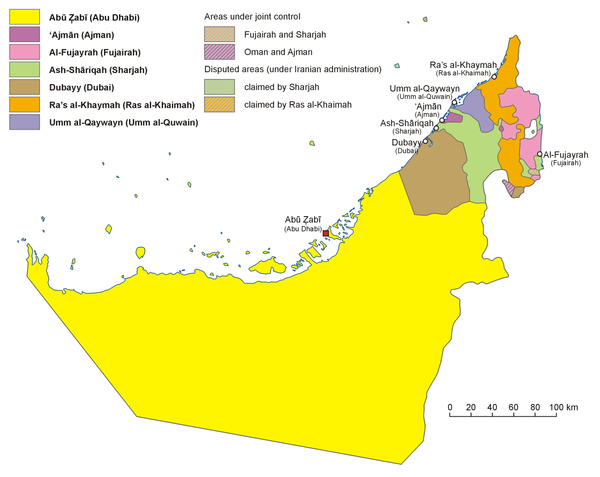
The UAE is pushing forward its ambitious agenda to transform its infrastructure and lead in climate action, leveraging public-private partnerships and significant capital mobilization efforts. The country’s leadership has emphasized that mobilizing private capital for green infrastructure projects is essential for advancing sustainable development, particularly as global climate challenges intensify.
As part of its commitment to address climate change, the UAE, in collaboration with the Asian Infrastructure Investment Bank (AIIB), has laid out plans to accelerate clean energy investments. This collaboration aims to unlock innovative financing mechanisms that will help fund critical climate projects across Asia, a region facing heightened demand for climate finance. Dr. Sultan Al Jaber, UAE’s Minister of Industry and Advanced Technology and COP28 President, met with AIIB leadership to further these efforts. Both entities underscored the need to scale up financing solutions to make capital more accessible and affordable for green projects, in alignment with global climate goals. AIIB President Jin Liqun highlighted this partnership as a significant step in advancing the 2030 Agenda and Paris Agreement targets.
This move comes as the UAE positions itself as a key player on the global climate stage ahead of COP28. The AIIB partnership will focus on developing blended finance structures, a strategy designed to de-risk investments and attract private investors who may otherwise hesitate to enter the green infrastructure space. The broader aim is to channel institutional and private capital into renewable energy, green transport, and other sustainable initiatives, ensuring that the necessary funding reaches projects that promise both economic returns and environmental benefits.
The UAE’s efforts are also reflected in its national strategies, including the National Energy Strategy 2050, which outlines plans to generate half of the country’s power from clean energy sources. This commitment is in line with the nation’s overarching ambition to reach net-zero emissions by 2050. Public-private partnerships are considered a critical component of this strategy, ensuring that large-scale projects are adequately funded and implemented with international collaboration.
The UAE has taken concrete steps to establish itself as a hub for climate-focused investments. By setting up the Abu Dhabi Future Energy Company (Masdar), the country has created an entity that plays a pivotal role in clean energy innovation across the Middle East and beyond. Masdar’s investments in solar, wind, and hydrogen projects are not only transforming the UAE’s energy landscape but are also contributing to the global transition towards greener alternatives.
Another area of focus is the country’s commitment to enhancing sustainability in infrastructure. The Dubai Clean Energy Strategy, for instance, aims to increase the share of renewables in the energy mix to 75% by 2050. This initiative is supplemented by the development of sustainable cities and smart infrastructure, designed to reduce carbon emissions while fostering economic growth. The UAE is actively promoting green buildings, waste management solutions, and energy efficiency improvements, as part of a holistic approach to tackling climate issues.
Notably, the UAE’s ability to drive such large-scale initiatives is backed by its capacity to mobilize significant amounts of private capital. Through sovereign wealth funds such as Mubadala Investment Company and Abu Dhabi Investment Authority (ADIA), the country has demonstrated how governments can partner with private sector players to fund green initiatives. These funds are instrumental in financing long-term projects aimed at decarbonizing the energy sector and building climate-resilient infrastructure.
Experts suggest that the success of such efforts hinges on the UAE’s ability to foster a regulatory environment that encourages investment in sustainable infrastructure. Clear policies, incentives for private sector participation, and transparent financing frameworks will be essential in attracting the necessary capital for achieving the country’s green goals. The introduction of green bonds and other financial instruments tailored to the needs of climate projects is expected to further boost investor confidence and ensure long-term engagement.



